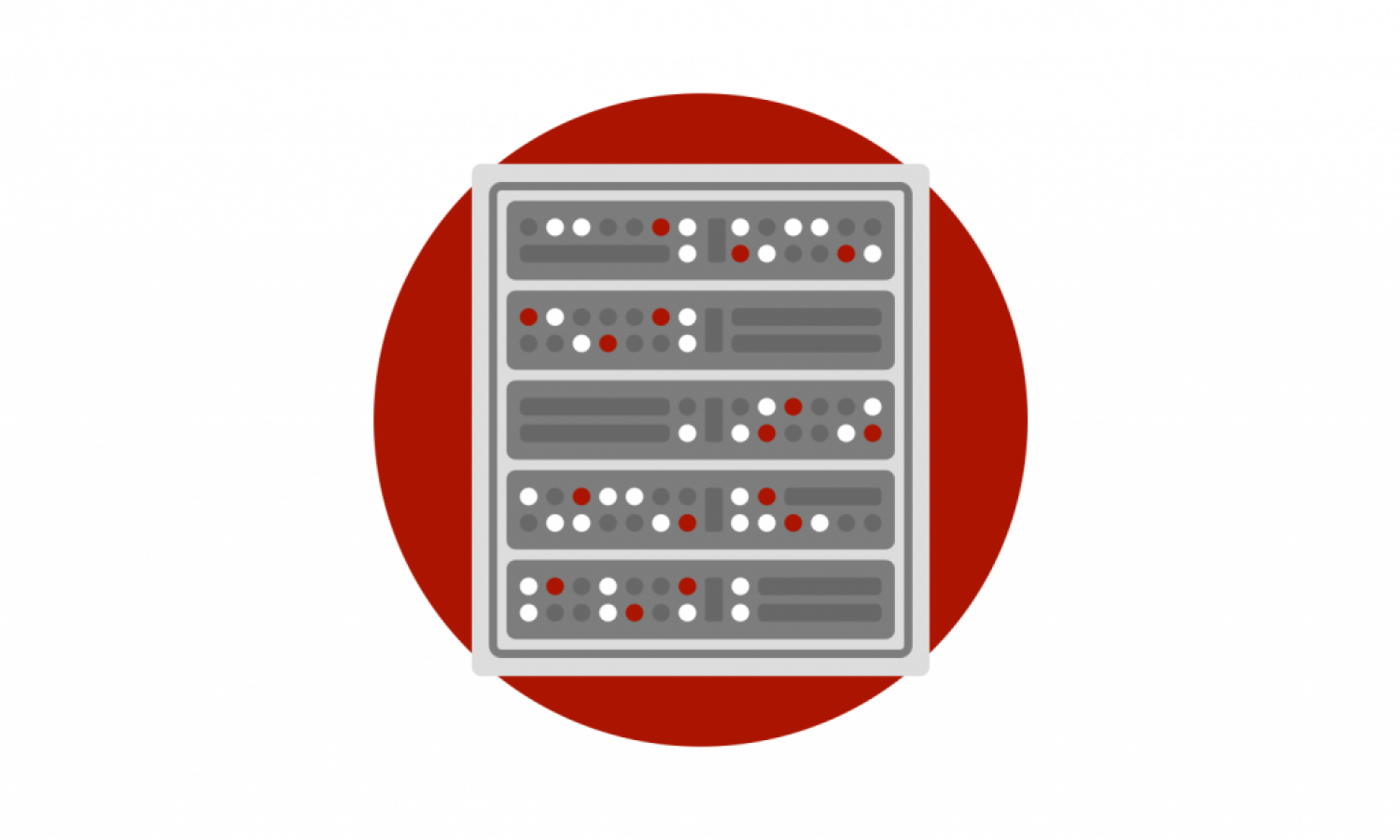February 2018 Legislative Update: Net Neutrality, The CLOUD Act, and Trade
Congressional Outlook
After an overnight six-hour government shutdown, on February 9 Congress passed a two-year budget agreement including a fifth continuing resolution to keep the government funded until March 23rd. The legislation also sets overall budget numbers to guide the House and Senate appropriations committees in drafting an omnibus appropriations bill for the rest of FY 2018.
Below is a brief summary of legislative issue important to us.
Net Neutrality
Democrats continue to push forward with their plan to address the 2017 Restoring Internet Freedom Order.
On February 13, the House Energy and Commerce Committee Democrats all signed and sent a letter to the FCC, seeking precise details of how FCC staff parsed the more than 20 million public comments on net neutrality. The FCC must answer all 16 questions from the letter asking about the agency’s process by March 6th.
On February 14, 54 progressive organizations, including Demand Progress, Free Press, and Media Alliance sent a letter urging Members of Congress to cosponsor, discharge, and then vote for a ‘resolution of disapproval” that would overturn the FCC’s recent rollback.
On the 27th the Senator Ed Markey (D-MA) introduced a resolution of disapproval for December’s Restoring Internet Freedom under the Congressional Review Act. Democrats have enough support to force the vote, but still need one more Republican to for the resolution to pass.
The CLOUD Act
On February 7, Senators Hatch (R-UT), Coons (D-DE), Whitehouse (D-CT) and Graham (R-SC) introduced the CLOUD Act. The goal is to help the US and other countries resolve the problem of cross-border data requests by law enforcement. Existing law has failed to keep pace with the evolution of internet-based communications technology, specifically cloud computing. While we don’t have a position on this yet, we always keep a close eye on legislation that addresses cross-border data requests without resolving issues with the Electronic Communications Privacy Act (ECPA).
Cybersecurity
Secretary of State Rex Tillerson announced plans to create a new Cyberspace and Digital Economy Bureau by consolidating existing resources at the State Department and elevating its head to a Senate-confirmed position.
On February 6, 2018, the House Foreign Affairs Committee held a hearing on “U.S. Cyber Diplomacy in an Era of Growing Threats.” Topics discussed in the first panel included but were not limited to: (1) China, India, and Intellectual Property Theft; (2) Russian Election Interference; (3) Office of Cyber Diplomacy; and (4) U.S. responses to Cyber Attacks. Chairman Ed Royce (R-CA) and Ranking Member Eliot Engel (D-NY) both made statements expressing concern over foreign powers abilities to bypass US cyberdefenses.
Trade
The sixth round of negotiations for NAFTA 2.0 in Montreal recently concluded, though there are substantial disagreements about the inclusion of provisions related to safe harbors from liability for Internet intermediaries and approaches to online copyright infringement. The i2Coalition believes that safe harbors from liability are a critical part of contemporary trade treaties. We believe that there are multiple methods to address online copyright infringement and that compromise on this issue is possible. i

